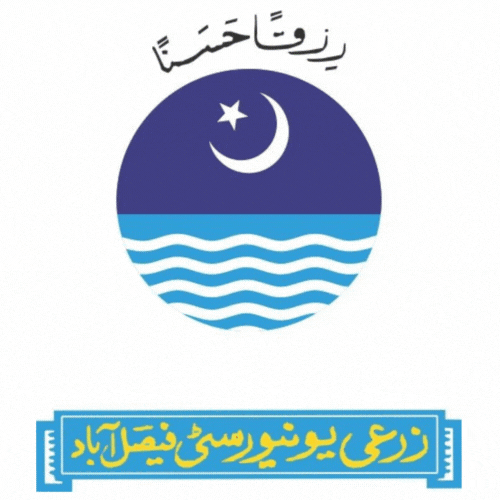
A Group phot of Participants of 10-Day Workshop on "Concepts and Tools for Agricultural Research Evaluation and Impact Assessment" with Australian Expert Dr. Deborah Templeton at UAF
Exports of Agricultural and Livestock products from Pakistan have exhibited an increasing trend in current years but these are much less than the actual potential and are confined to conventional wholesale markets. Their share in the fast growing high price end super markets is meager. This was stated by Prof. Dr. Iqrar Ahmad Khan, Vice Chancellor University of Agriculture, Faisalabad while addressing the inaugural session of 5-Day Training course on “Global Good Agricultural Practices (GAP) and International Featured Standards (IFS)” regarding supply chain management jointly organized by Endowment Fund secretariat (EFS) and AUS Aid on Monday at New Senate Hall. Dr. Khan said that The close proximity of import markets in the Middle East, Iran and Afghanistan, and market access to Malaysia, offers enormous potential for the export of agricultural and livestock products from Pakistan. He added that we can exploit our export potential by adopting International standards in befitting manners. He lauded the efforts of Government of the Punjab to launch a project titled “Supply Chains Improvement of Selected Agriculture & Livestock Products”. He maintained that this project will support and facilitate the development of supply chains that conform to the international requirements for food safety and traceability leading ultimately to increased exports of agricultural and livestock products from the country. Dr. Iqrar Ahmad Khan stressed the need for more diversified Agronomic and market strategies to grab more markets for our value added goods in spite of export of cotton and rice raw materials. Prof. Dr. Muhammad Arshad, Dean Faculty of Agriculture said that University has won the bid to provide R & D services as well as capacity building to ensure the implementation of Global GAP and EFS. Mr. Tariq Qamar, International Auditor said that for food producers today, there is a constant challenge to grow safe, healthy products in a responsible way. He added that new pressures from consumers, retailers and legislation have placed new demands on farmers and growers. He maintained that they are increasingly required to use production techniques that reduce the impact of farming on the environment (land and sea), to reduce their use of chemicals, and to make efficient use of natural resources, while safeguarding the welfare of both workers, farm animals and sea life. He was of the view that being able to show a commitment to good agricultural/fish farming practices with GLOBALGAP has become essential for accessing the market. Prof. Dr. Aman Ullah Malik conducted the program and told that during this first spell of 5-Day training the participants from various faculties would be equipped the basic tools of Global GAP and later on in another spell capacity building on EFS issues would be occurred.

